1Feeling welcome—at home away from home—is a topic that comes up often in conversations about third places. NYC architect John Massengale, who knows the town where I live, urged me to talk to Mark Firth, owner of the Prairie Whale, saying, “Mark knows how to create restaurants and bars where people want to be.”
This article calls him "bon vivant,” “schmoozer,” and “welcoming friend at the door.” He also posts the best signs, as you’ll see here.
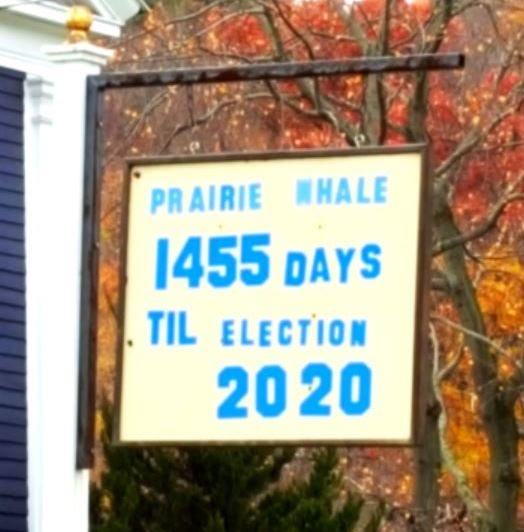
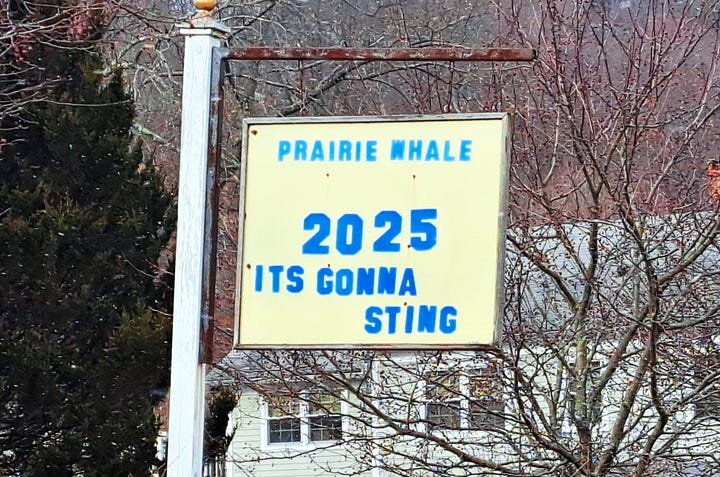
Ray Oldenburg didn’t write about restaurants per se (though of course diners and bistros are restaurants as well as coffee houses and bars). But he did think about their role, and highlighted one in particular:
Midway over the Atlantic Ocean on my way to Frankfurt five years ago, I heard a TV voice say "San Francisco's Square One Restaurant..." and looked up to see Joyce Goldstein, owner and head chef, in her kitchen representing one of the city's finest places. It reminded me of the day I met her at Square One. She wanted to cook for me but my schedule did not permit it. How I have regretted missing that treat! Joyce (she chides me for calling her Ms. Goldstein) knew me through The Great Good Place, which she had purchased for all her staff, and which inspired her to pen "The Third Place" for the San Francisco Focus. The book also inspired her to greater efforts to make her restaurant a third place. She was well aware of the limitations. Writing me in 1990, she said, "I learned that my dream may be impossible in a city of transients and commuters... that it is hard to create community where civilization conspires against you." . . . Most restaurants are not third places nor do they try to be, but there are notable exceptions and Square One was one of them.
I always hoped to get Ray to Great Barrington, to visit my local, Number 10, where we used to host Train Campaign and neighborhood gatherings. And I’m sure we would have ended up at the Prairie Whale.
Show Notes
Mark Firth, known for the restaurants he cofounded in Brooklyn and now owner of the Prairie Whale in Great Barrington, Massachusetts, explains the rewards and challenges of creating a welcoming social space as well as dishes made with locally grown ingredients. Mark left Brooklyn to farm in the Berkshires, then bought a building on Main Street Great Barrington and turned it into an attractive and lively eatery. He also explains how he and others in the food industry deal with seasonality and cranky customers, and with alcohol. This show will be of interest to diners and to anyone in the food and beverage industry.
Prairie Whale Restaurant, Great Barrington, Massachusetts.
“The Restaurateur Who Helped Build an Empire—and Gave It All Up”
Below are photos from a Train Campaign meeting at the Prairie Whale.
Spelling corrected, with explanation from the Culinary Institute of America.





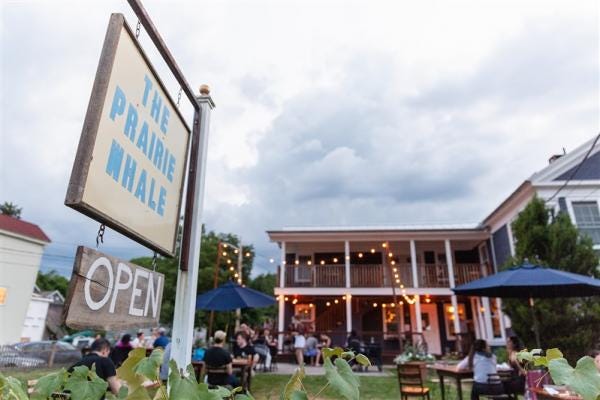

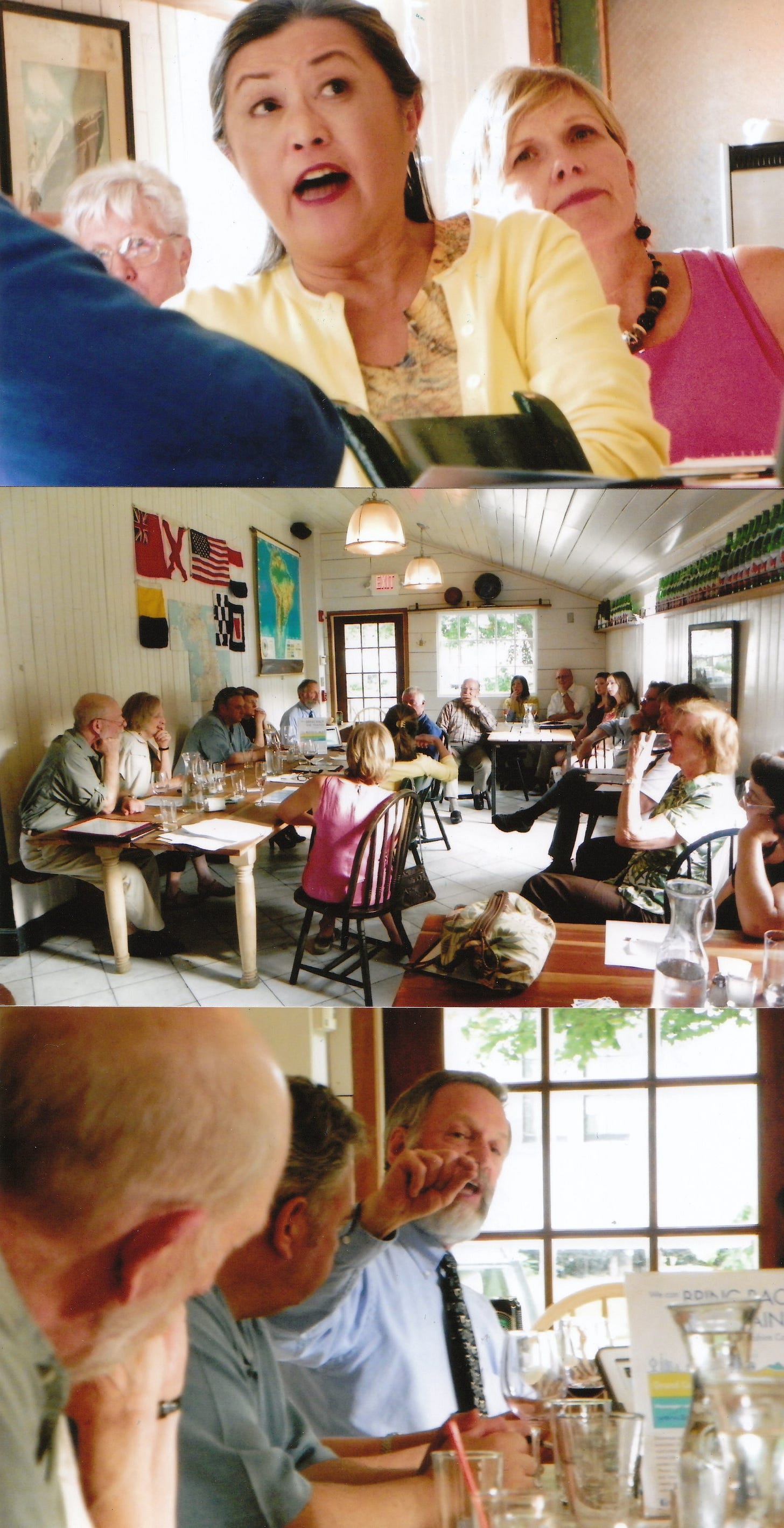
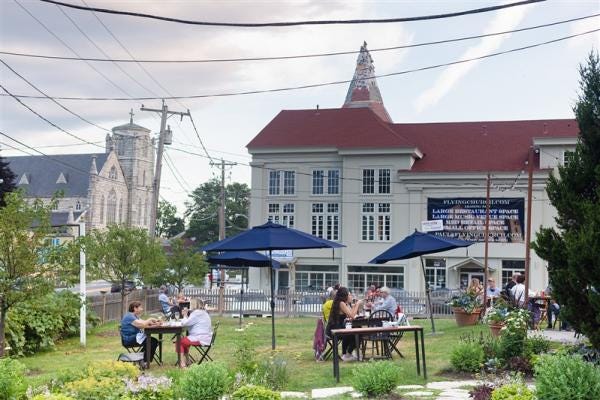








Share this post